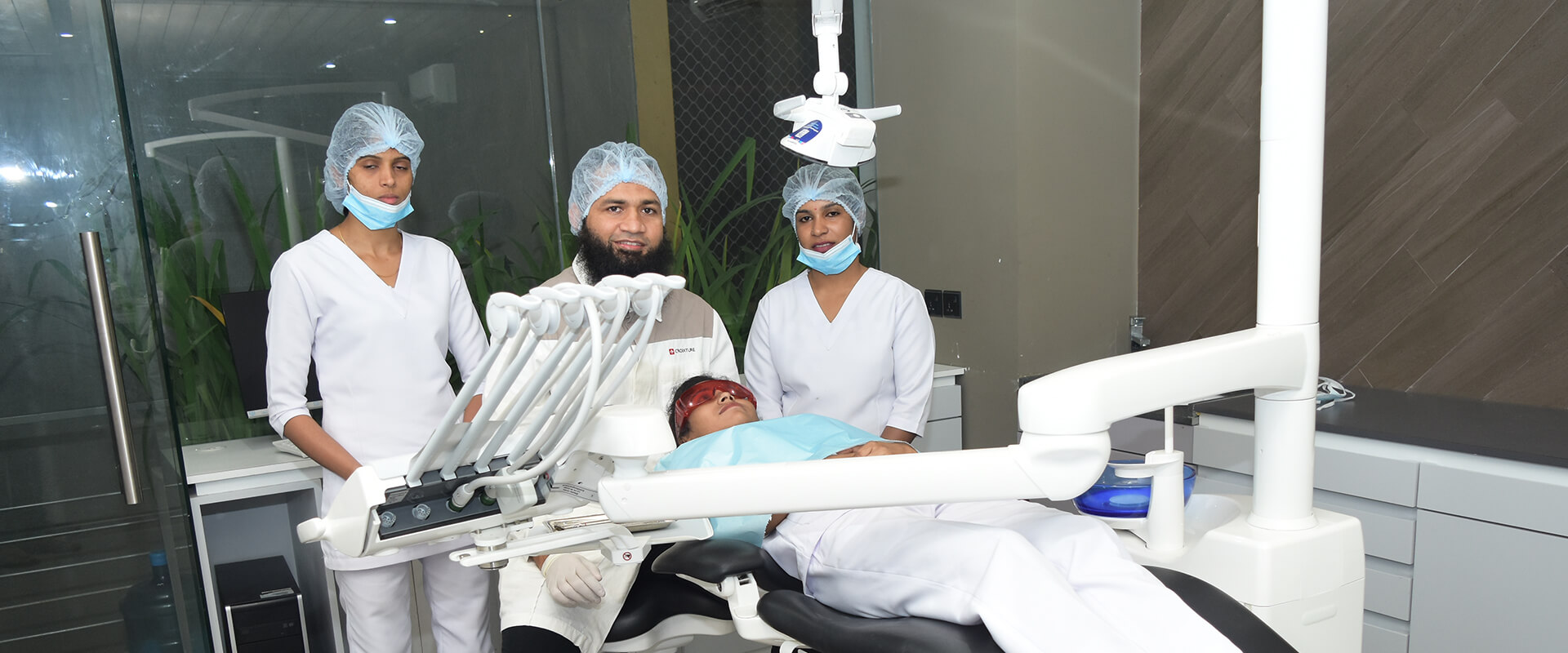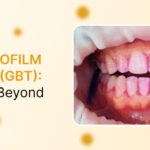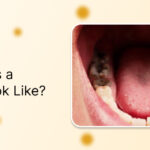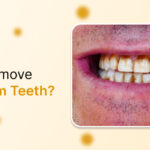Dental health issues in people with Parkinson’s disease
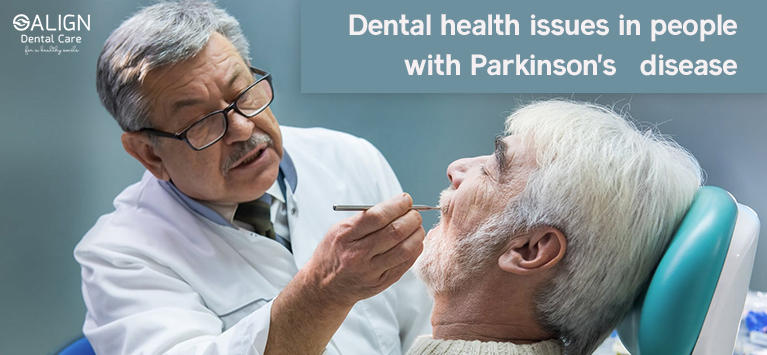
Parkinson’s Disease is a neurological illness that infects the nerve cells in the brain responsible for body movements. The disorder begins with the selective destruction of mesencephalic dopaminergic neurons and it is prevalent in people aged above 65 years. It affects both the motor & non-motor skills of our body and is characterized by instability, reduced dexterity, slowness of movement, dizziness, etc.
Read More…How does improper dental care affect your lungs?
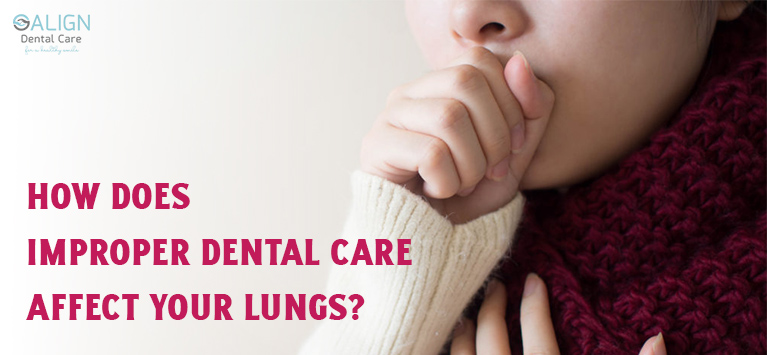
Lung infection is one of the common infectious conditions with which many people are affected around the world. When our respiratory system encounters a problem in its network of organs and tissues, it will tend to lung diseases like Asthma, COPD, Chronic bronchitis, Pneumonia, and even Tuberculosis.
Factors like air pollution, smoking, genes are the main causes of such respiratory illnesses. You might aware of the common causes.
Read More…5 tips to take care of your oral health when you are sick
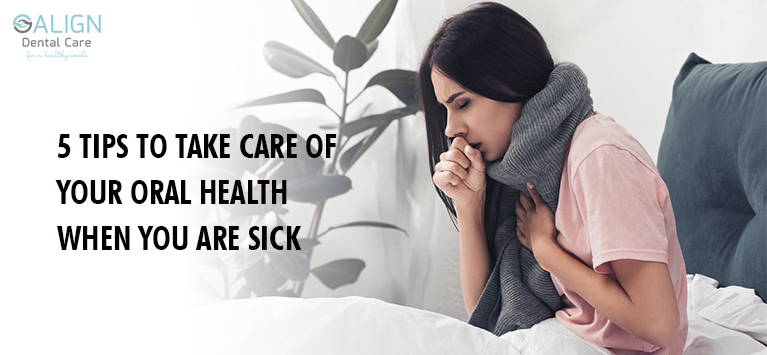
When you fall sick with fever, cold, stomach bug, or other illness, taking care of your body should be your top priority. Meanwhile, you should take care of your teeth with brushing. We are telling this because your mouth interacts with bodily health in many ways. The disturbed body process due to the illness has a direct impact on your oral cavity. Sensing bad taste in the mouth due to fever is an instance.
Read More…How does clove oil help in keeping your mouth healthy?
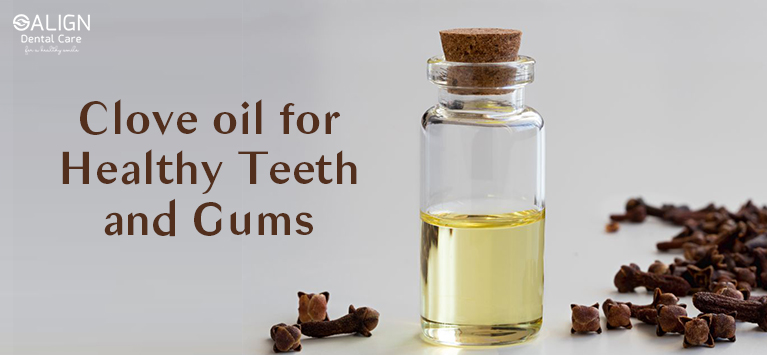
Clove is a natural ingredient that can provide you instant relief from dental discomforts like toothache. The aromatic flower buds of clove trees have been recommended in Ayurvedas because of the sedative properties they have. Moreover, it is a natural anesthetic and it is a power source of antibacterial, antifungal, antiseptic, and anti-inflammatory properties.
To be precise, clove and its derivatives like clove oil are powerful handy medicaments. They are beneficial for various dental ailments and help keep your mouth germs free.
Read More…5 dangers of ignoring chipped teeth treatment
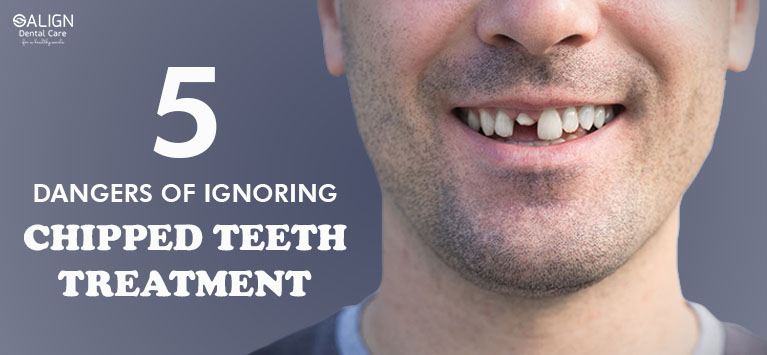
Although chipped and cracked teeth do not seem a serious dental injury, it should be treated in a timely manner. Besides degrading your smile aesthetics, the broken part of the tooth makes you susceptible to oral infections. Such consequences can lead to additional health problems as it can spread to the head, neck and so on. Luckily, you have more than an option for chipped teeth.
Read More…Foods to fight against calcium deficiency for your teeth
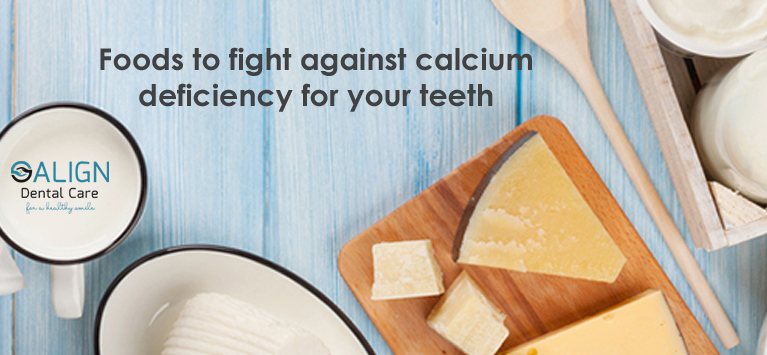
Our teeth consist of the same hard, inorganic materials like our bones. Calcium plays a dominant role in the healthy development of teeth as well as our bones. Our teeth are composed of a mineral called hydroxyapatite that is made up of the combination of calcium and phosphate. The calcium present in teeth provides the fortitude and protects the sensitive nerves present inside a tooth.
In general, calcium present in our body is constantly breakdown as we use our bones and teeth. Our body can regenerate calcium to rebuilt the lost mineral. Besides this, our body can store the excess calcium in our bones and teeth that eventually helps in fortifying them.
Read More…5 essential oral care tips for babies and infants
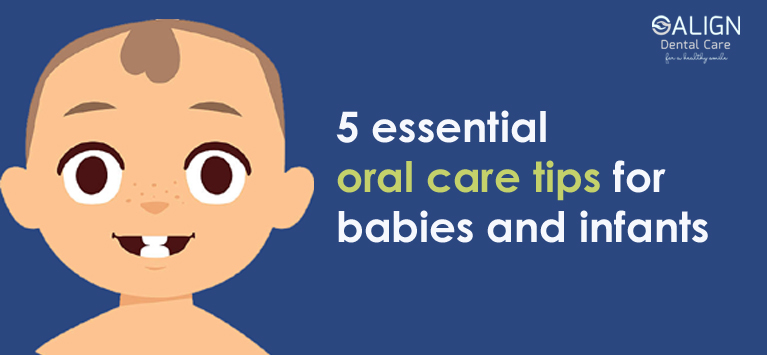
Every parent should begin dental care activities for their babies before the teeth erupt. Before discussing the kids dental care tips, let us disclose the common facts on baby teeth.
The newborn babies have a full set of 20 teeth underneath the gums and those milk teeth development takes place when the infants are in the womb itself. In general, the baby teeth appear when the kid is between 6 and 10 months old. Few infants have 1 or 2 teeth when they born whilst the eruption takes place after 12 months for some babies. Such delayed eruption is not a problem because the first tooth eruption period varies for each baby.
Read More…Harmful impact of dehydration on your dental health
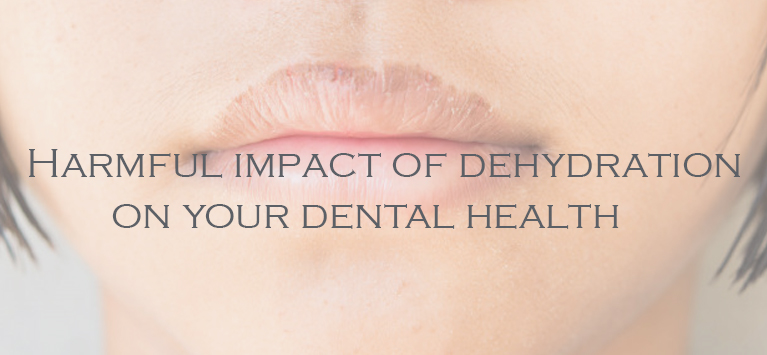
Staying hydrated is not only good for your body health but also for your dental health.
During hot summer days, it is very essential to stay hydrated to maintain proper chemical balance in the body. Improper balance due to dehydration may cause various problems such as bad breath, decay, and gum problems. A beautiful smile is boosted by drinking plenty of healthy drinks.
Dry mouth causes various impacts on dental health like gum diseases. Your saliva plays an essential role in your dental health. It washes away hidden food particles and bacteria and helps in maintaining good oral health.
Dehydration is the main factor that reduces the secretion of saliva in the mouth. When you are dehydrated, bacteria in the mouth multiply easily and create various oral infections.
Here are the problems that will occur due to the dehydration
1) Bad breath
When you are hydrated, the secretion of saliva will be more. Saliva continually washes your teeth, gums, and tongue and helps in maintaining fresh breath. Hence leaving your mouth in a dry condition can give you bad breath. Always moisten your mouth to stay away from bad breath.
2) Tooth staining
When food particles and drinks left over the mouth for a long time, it will stain your teeth. Saliva reduces stains by rinsing away these food particles before it stains your enamel. Thus staying hydrated also helps you to maintain whiter teeth.
3) Weaker enamel
Your enamel will be weakened if there is no proper supply of some minerals. Saliva supplies calcium, phosphate ions, and fluoride to the enamel of your teeth. These mineral supplements strengthen your enamel and do some microscopic repairs. Being hydrated gives you stronger teeth and enamel.
4) Cavity
The above-said minerals are also responsible for fighting against harmful bacteria. Dehydration in mouth causes these bacteria to expand and create a cavity and several other infections. Keeping your mouth hydrated boosts saliva secretion and protects from cavities and other infections
5) Gum disease
Gum disease or periodontal disease occurs due to the main reason of plaque build-up and bacteria. Saliva helps in minimizing periodontal disease by washing away this plaque and bacteria constantly.
Rehydrate yourself to reduce the risk of oral problems. Drinking adequate water helps in secreting saliva constantly. When we age, the ability to eliminate water will be lost in the kidney. Here are some ways to stay hydrated gradually.
Prevention Techniques
- Chewing – Chewing compresses your salivary gland muscles and helps in releasing saliva. Always chew sugar-free gums to secrete saliva.
- Limit consumption of coffee and alcohol and minimize salt.
- Eat foods that are rich in water such as applesauce, salads and fruits.
- When you sweat, the electrolytes in your body will be lost. Drinking coconut water helps you to regain the lost electrolytes.
- Use mouth wash that is alcohol-free.
- Do not smoke. It improves your mouth hygiene as well as overall health
- Breathe through the nose instead of the mouth, especially on summer days.
Always keep your mouth hydrated, if you feel any symptoms like cracked lips, bad breath, dry tongue, dark urine, nausea, etc., consult your dentist immediately to prevent various dental problems that occur due to dry mouth.
These foods are good for your body but bad for your teeth
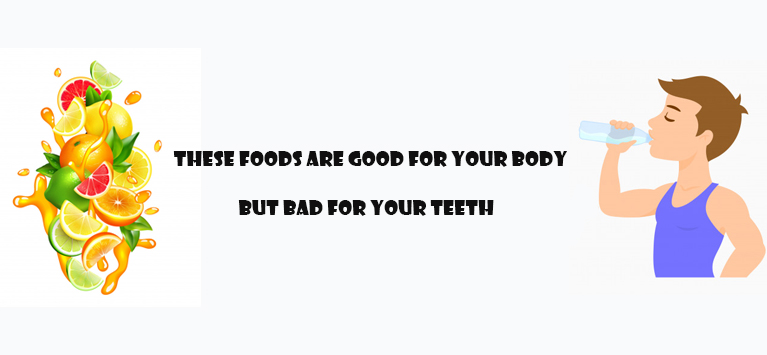
For a healthy lifestyle, it is necessary to eat healthy foods that have good nutrition. The same will be fit for our oral health too. But sometimes these healthy foods are bad for your teeth. However, following good oral hygiene and meal timing will help you to overcome this problem. Here are some foods that are good for your body but bad for your teeth.
Acidic or citric fruits
Fruits are rich in fibers, vitamins, minerals, and antioxidants. They are very essential for your body, but they are bad for your teeth. This is because they contain acids and sugars that breakdown your enamel and cause damage to your teeth.
Dried fruits like prunes, raisins are rich in antioxidants and fibers, but are harmful to your teeth as they contain concentrated sugars. They are also sticky, and they stick on to the teeth and erode the teeth gum and damage the teeth.
It is recommended to drink water or rinse your mouth after consuming citric fruits to dilute the acids and sugars.
Fruit juices
Some people think to consume fruits as juice rather than eating. It may taste better than eating and also have good nutrients, but they are bad for your teeth as they contain acids from multiple fruits and concentrated sugar. They erode your gums and worsen your teeth.
Drink a little water or rinse your mouth after drinking fruit juice to dilute acids. It is better to eat the whole fruit rather than consuming it as juice.
Sports drinks
Sports drinks help in regenerating energy, weight loss, and improving concentration. They consist of carbohydrates that will convert into carbonic acid during a reaction in our mouth. This acid will damage your tooth enamel.
Sports drinks contain caffeine as a main ingredient, and they cause discoloration of the teeth and weaken the enamel.
Starchy foods
Not only sugary foods are harmful to teeth, but foods like white bread, pasta, pizza, burgers, and French fries contain starch, and they get easily stick on teeth and lodged in between the teeth.
This starch will convert into sugar before the digestive process. These sugars are bad for your teeth and damage the enamel.
Vitamin tablets
Some people will consume vitamin tablets due to vitamin deficiency in their body. This vitamin tablet contains concentrated acids, and they harm our teeth when they stick on them.
Ice cubes
Drinking water is good for both your overall health and dental health, but people love to drink it when they contain ice. Sometimes, they bite those ices. Biting this ice creates the risk of chipped tooth or breakage in the tooth.
Hard candies and Chocolates
A study shows eating candies provide a long life, but they contain sugar, and they stick on to our teeth, and it takes a long time to dissolve. They cause damage to the teeth by creating a cavity. Also, eating hard candies has a risk of breakage in teeth.
Chocolates are good as it prevents cardiovascular diseases. Nowadays, chocolates are not pure, and they contain sugar and cocoa.
Cocoa is good for teeth as they contain antioxidants that prevent teeth from attacking bacteria, but again the role of sugar is bad for teeth.
Be careful about what you eat. Everything has both good and bad. Do not take anything frequently. Follow good oral hygiene and also maintain a healthy lifestyle.
Essential eating tips for new denture wearers
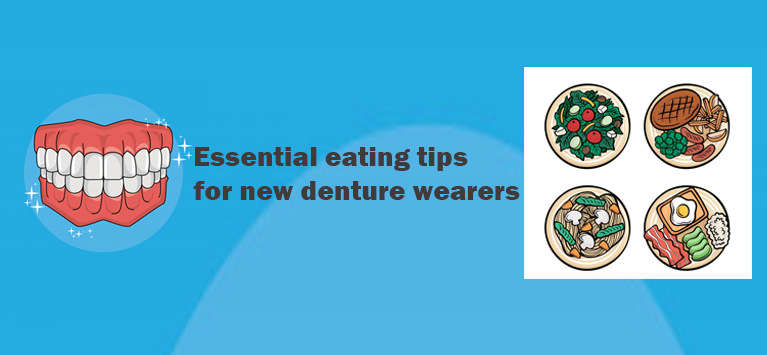
Dentures are the appliances designed by humans to replace the missing teeth. They are custom-molded plastics that fit in your mouth. After getting this denture, you may feel uncomfortable for some weeks. Your saliva will be secretion will be more and causes your denture to slip. They result in some sore spots. It takes some time to adjust your life with dentures. These eating tips can help you adjust your life with new dentures soon.
Begin slowly
The most challenging part of learning your new dentures is usually eating. In contrast to your natural bone-fixed teeth, artificial teeth only rest on the gums.
Don’t be discouraged at first if you experience a few failures.
Try chewing food on both sides of your mouth.
You might feel the other side loosening and tipping when you chew on one side. Thus chewing on both the sides helps you prevent tipping.
With the help of mastication muscles in your mouth, you can control your dentures naturally, but it takes some time, and you need practice and patience.
Start with soft foods
Starting with soft foods is the first rule after wearing a new denture. Soft foods don’t require additional chewing.
Eating hard foods like raw carrot, crackers, red meats, or any other crunchy foods creates some pressure in gum tissues and causes the risk of inflammation or irritation. Relax and try these simple tips before your gums adapt better to the denture plate
Eat mashed foods
Mashed foods like puddings, apple sauce, scrambled eggs, mashed potatoes, and cooked cereals provide an adequate amount of nutrition without giving any stress to your jaw muscles.
Test the temperature
Due to the insulating effect of the dentures, you won’t judge the temperature of the food. You should be careful as they may burn your mouth. Before putting the food in your mouth, check hot foods using your lips.
Do not hold fluids in your mouth. That may loosen dentures at the bottom. Do not eat spicy foods as they can cause stinging or burning if you have sores or discomfort.
When eating solid foods
After getting comfortable with dentures, you can start eating solid foods. Cut foods small pieces before eating.
- You should be aware of how much time you are taking to eat and how you chew your food. You can take more amount of time for eating; eating quicker may slip your dentures, and cause pain.
- As mentioned above, chew your food on both sides of your mouth by distributing the foods evenly. This will help your dentures to be stable while eating.
- You should chew your food thoroughly and slowly. Do not swallow a large piece of food without chewing because it may cause sudden choke.
- Chop vegetables and fruits into tiny pieces because it will be easy to eat or cook before serving.
- Eat sticky foods that are healthy to eat along with liquids, because it will be easier to swallow and chew.
- Avoid hard red meats and replace it with chicken, eggs, fish, and legumes.
- Avoid gummy foods such as caramel, peanut butter, marshmallow treats, etc., as they may stick on your teeth, and cause difficulty in cleaning.
- It takes time to get adjusted with whatever you do. Patience is the must one. However, little soreness and pain are common, but if the pain stays for a long time, you should consult your dentist.





